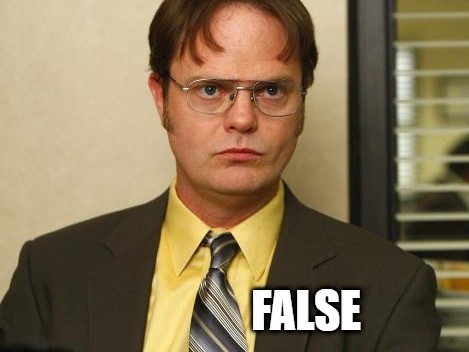8 Reasons Why You Need Waterproofing
Waterproofing your home may seem like a hassle, especially when you add the costs of waterproofing solutions to your moving fees. However, when you waterproof your home, you save yourself a lot of stress down the road. If you’re thinking about the different waterproofing solutions available to you, consider the multitude of benefits installation could bring you.
-
Save Money on Future Repairs
Many homeowners will delay repairing a leak because they believe the initial cost will be overwhelming.
In reality, repairing your foundation before a crack can worsen will be less expensive than repairing a crack that’s had time to grow. Waterproofing your basement and foundation before you move in will save you money in the long run. -
Retain the Value of Your Home
It’s tempting to ignore a basement leak and hope it goes away over time. Unfortunately, this rarely if ever works. If you let a leak get too large, you risk not only permanently damaging your belongings but significantly decreasing the value of your home. A home that’s known to have a basement or foundation leak will lose up to 30 percent of its value when listed on the housing market.
If you want to get as much value for your home as possible, you’ll need to waterproof it either as soon as you move in or before you put it up for sale. Not only will you save yourself stress when the summer rain comes calling, but you’ll be able to make back what you paid – or more. -
Keep Mold Away From Your Family and Belongings
There’s little that mold loves more than a wet, dark place to grow. If you don’t waterproof your basement, then you give mold particles in the ground surrounding your home the perfect environment to thrive in. Letting mold into your basement doesn’t just disrupt its appearance. If you let mold grow undisturbed for too long, you put the health of your entire family at risk. Waterproofing your basement, then, not only keeps your basement clean, but your family healthy. -
Avoiding Costly Insurance Claims
The good news is that as long as you have comprehensive home insurance, your provider should cover any damage done to your home as a result of Indianapolis, IN, flooding. That said, if you want to avoid having to file a claim, it’s easiest to waterproof your home before moving in. This way, instead of relying on your insurance provider to help you refurbish your belongings, you can keep the originals as safe and dry as possible. -
Lowering Your Electric and Heating Bills
The more dampness gets into your home, the harder your heater is going to have to work to maintain warmer temperatures. If you notice your heating bill ticking up when the weather has yet to turn, it’s a clear sign that your foundation may be leaking. By waterproofing your foundation and basement, you’ll keep these bills lower and your home at a more consistent temperature. -
Improving the Smell of Your Home
It may seem superficial, but waterproofing improves the smell of your home. How? When water gets into your foundation, it generates mold growth and fills the air with a damp scent. That scent will only accentuate the smell of growing mold and of any pest infestations that make themselves at home in your basement.
If you’ve cleaned your home dozens of times over and still can’t get rid of a certain stink, consider reaching out to a professional to see if your foundation may be leaking. If it is, you can still use temporary waterproofing solutions to rid your home of its unpleasant damp scent. -
Reducing Your Flooding Risks
There’s a difference between a bit of dampness in your basement and standing water. While precipitation levels in Indianapolis, IN, aren’t extreme, a few bad days of rain can turn a previously undetected leak into a full-on canal for floodwaters. To avoid unwittingly installing an indoor swimming pool, you can have professionals use sump pumps or French drains to redirect water away from your home and back out toward your lawn.